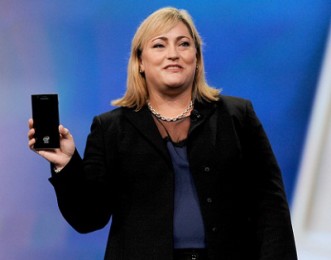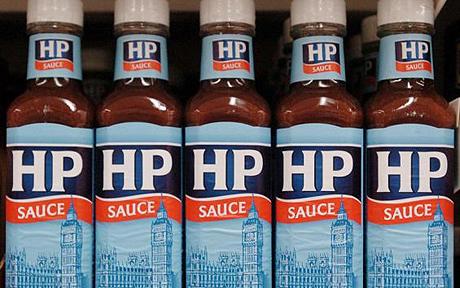 Oracle appears to be forcing corporate clients to buy its cloud products using a complex orchestrated legal maneuver in the dark.
Oracle appears to be forcing corporate clients to buy its cloud products using a complex orchestrated legal maneuver in the dark.
Business Insider claims that Oracle is pressuring some of its customers to add cloud to their contracts that they neither want nor plan to use by using a tactic insiders call “the nuclear option”.
After stuffing up its revenue and profits in the quarter that is traditionally its strongest, Oracle is under pressure. However Oracle’s CEO, Safra Catz, said analysts blew past its own internal expectations for cloud computing sales. Cloud accounted for about $2.3 billion out of $38.2 billion in revenue.
Chairman Larry Ellison said that was great because every $1 million of cloud contract is worth $10 million over the life of the deal, compared to being worth $3 million for a typical software contract.
But Business Insider claims that Oracle is using its software licences to force customers into these lucrative contracts.
Oracle licenses its software under complex legal conditions. Users have to pay for Oracle software using a variety of metrics such as how many are using the software and which features of the software are being used.
Oracle makes it extremely easy for admins to turn on new features or add more users, and then pay for that increased usage later. That system involves an “audit.”
Much of the time, an audit is used as a sales tactic. Instead of simply paying a big bill, the customer agrees to buy more over the long haul.
If Oracle thinks the customer is really abusing the terms, it whips out the “breach notice,” which warns a customer that they are in violation and must stop using all Oracle software in 30 days.
That’s risky, because it allows the customer to walk away from its Oracle contracts.
They can’t really do that because it can take years to change a database and Oracle is giving them a month or forces them to negotiate.
When they do Oracle says they will have to pay an outrageously high out-of-compliance fine or add cloud “credits” to the contract.
Until this year, Oracle didn’t lightly use the “nuclear option” breach notice but now it is using it even more.
Oracle had an especially good quarter selling cloud in the EU were it was used six times so far in 2015. Business Insider said that it is being used more and more and Oracle is becoming more aggressive



















